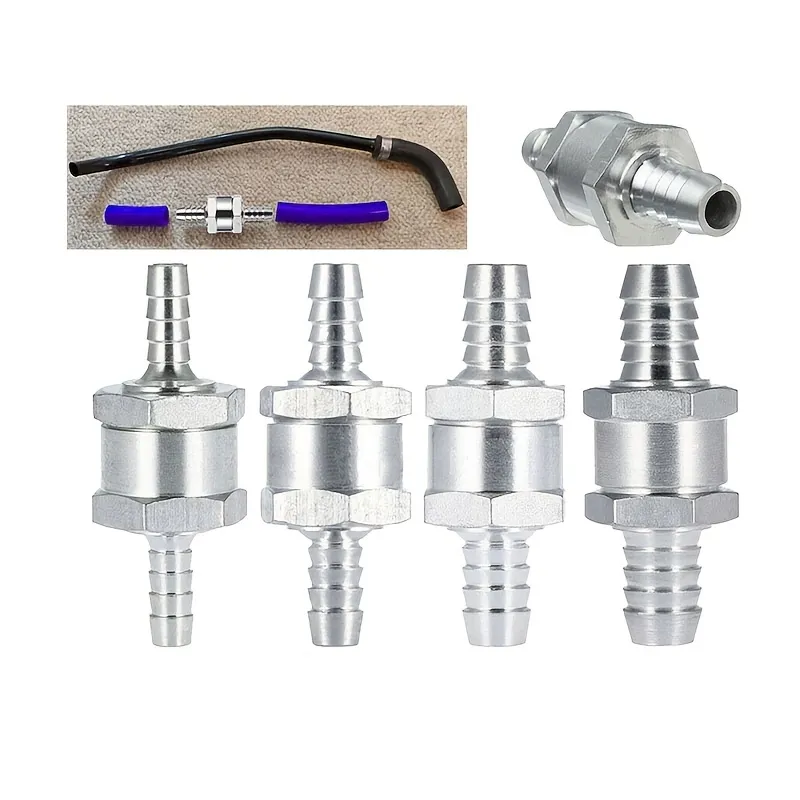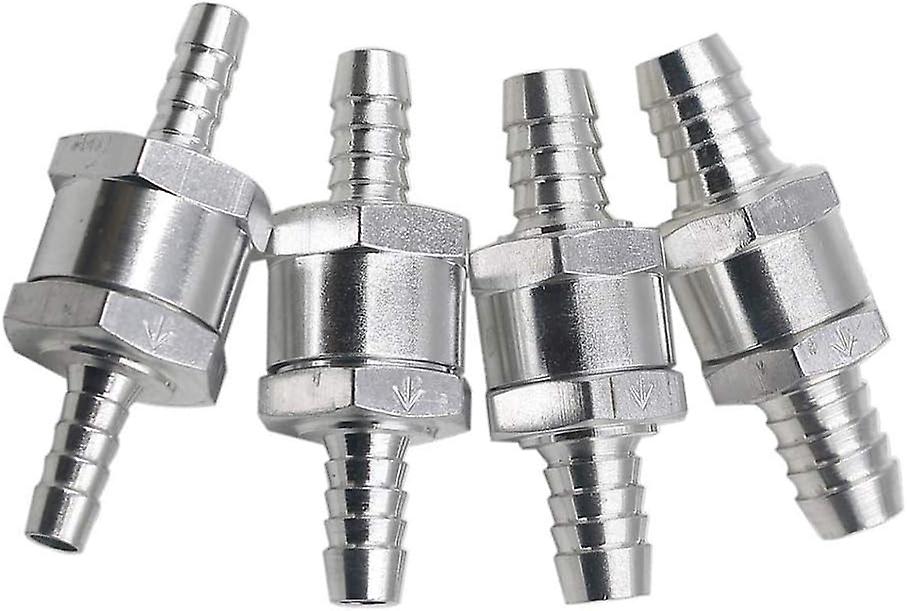Discover the importance of the fuel check valve in ensuring optimal vehicle performance and fuel efficiency. Learn about the role of the fuel check valve, its benefits, and how it can help improve your car’s fuel economy.
Introduction to Fuel Check Valves
The fuel check valve is a crucial component in a vehicle’s fuel system, yet it often goes unnoticed until it fails. Its primary function is to regulate the flow of fuel from the fuel tank to the engine, ensuring that the engine receives the correct amount of fuel for optimal performance. In this article, we will explore the importance of the fuel check valve, its benefits, and how it can help improve your car’s fuel economy.
The Role of the Fuel Check Valve
The fuel check valve is located between the fuel tank and the engine, and its main function is to regulate the flow of fuel. It does this by allowing fuel to flow from the tank to the engine while preventing fuel from flowing back into the tank.
This ensures that the engine receives a constant supply of fuel, which is essential for optimal performance. Additionally, the fuel check valve helps to maintain the correct fuel pressure, which is necessary for efficient fuel combustion.
Benefits of a Functional Fuel Check Valve
A functional fuel check valve offers several benefits, including improved fuel efficiency, increased engine performance, and reduced emissions. By regulating the flow of fuel, the fuel check valve helps to ensure that the engine receives the correct amount of fuel, which can lead to improved fuel efficiency.
Additionally, a functional fuel check valve can help to increase engine performance by ensuring that the engine receives a constant supply of fuel, which can lead to smoother acceleration and better overall performance. Finally, a functional fuel check valve can help to reduce emissions by ensuring that the engine is running at its optimal efficiency, which can lead to a reduction in harmful emissions.
Common Problems with Fuel Check Valves
Despite its importance, the fuel check valve is not immune to failure. Some common problems with fuel check valves include clogging, leaking, and faulty sensors. Clogging can occur when debris or sediment accumulates in the valve while leaking can occur when the valve becomes damaged or worn out.
Faulty sensors can also cause issues, as they can prevent the valve from functioning properly. If you notice any of these issues, it’s important to have your fuel check valve replaced as soon as possible to prevent further damage to your vehicle.

How to Improve Fuel Economy with a Fuel Check Valve
While a functional fuel check valve can help to improve fuel economy, there are also other ways to optimize your vehicle’s fuel efficiency. Regular maintenance, such as changing your oil and air filter, can help to improve your vehicle’s overall performance.
Additionally, driving habits such as maintaining a consistent speed, accelerating slowly, and avoiding heavy loads can also help to improve fuel economy. By combining a functional fuel check valve with good driving habits and regular maintenance, you can help maximize your vehicle’s fuel efficiency and save money on fuel costs.
Conclusion:
In conclusion, the fuel check valve is a crucial component in a vehicle’s fuel system that is often overlooked until it fails. Its role in regulating the flow of fuel is essential for optimal engine performance and fuel efficiency. By understanding the benefits of a functional fuel check valve and how to improve fuel economy, you can help to ensure that your vehicle is running at its best and save money on fuel costs. Don’t neglect your fuel check valve – make sure to have it replaced if you notice any issues, and enjoy the benefits of improved fuel efficiency and engine performance.

Comments